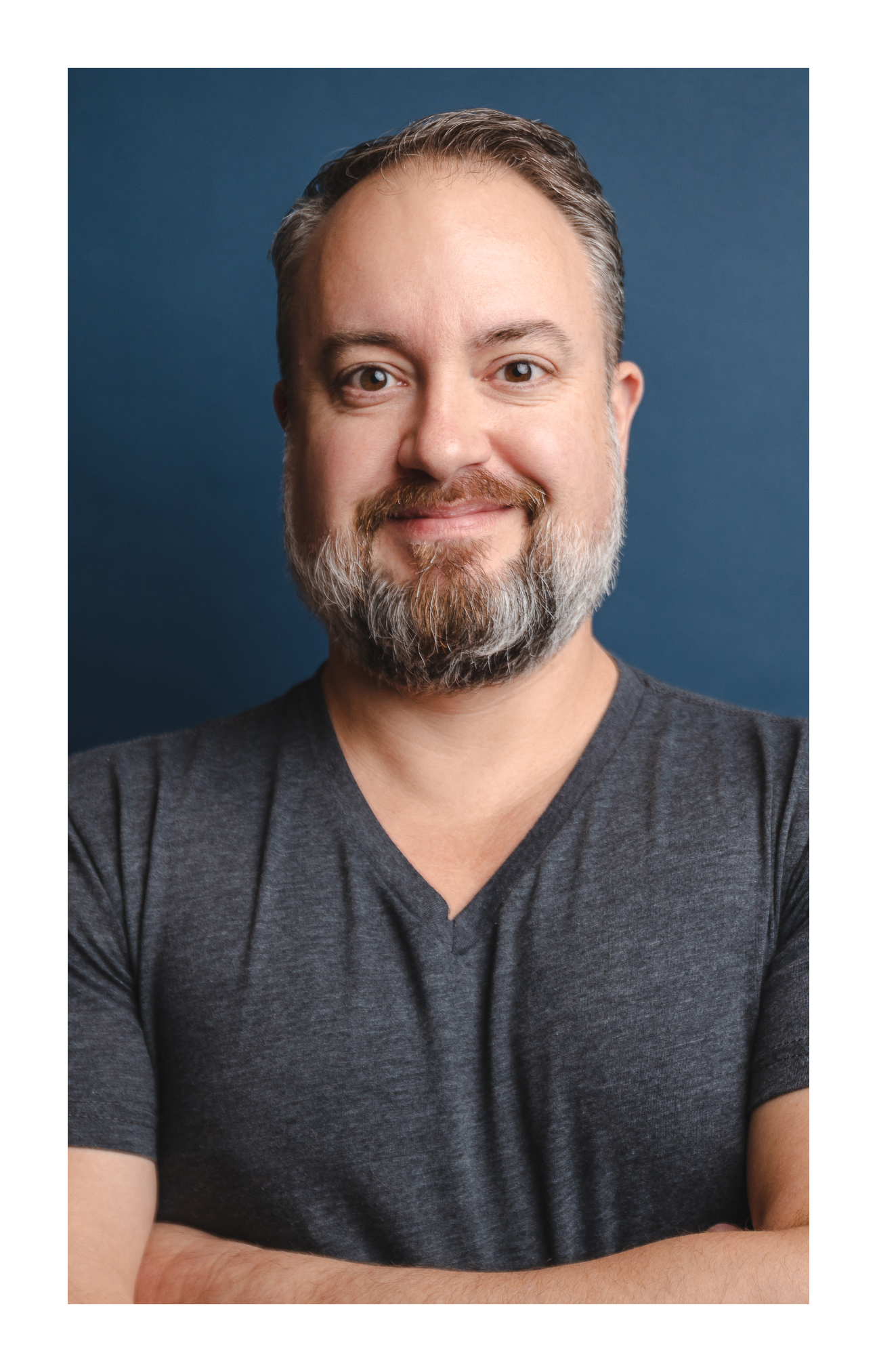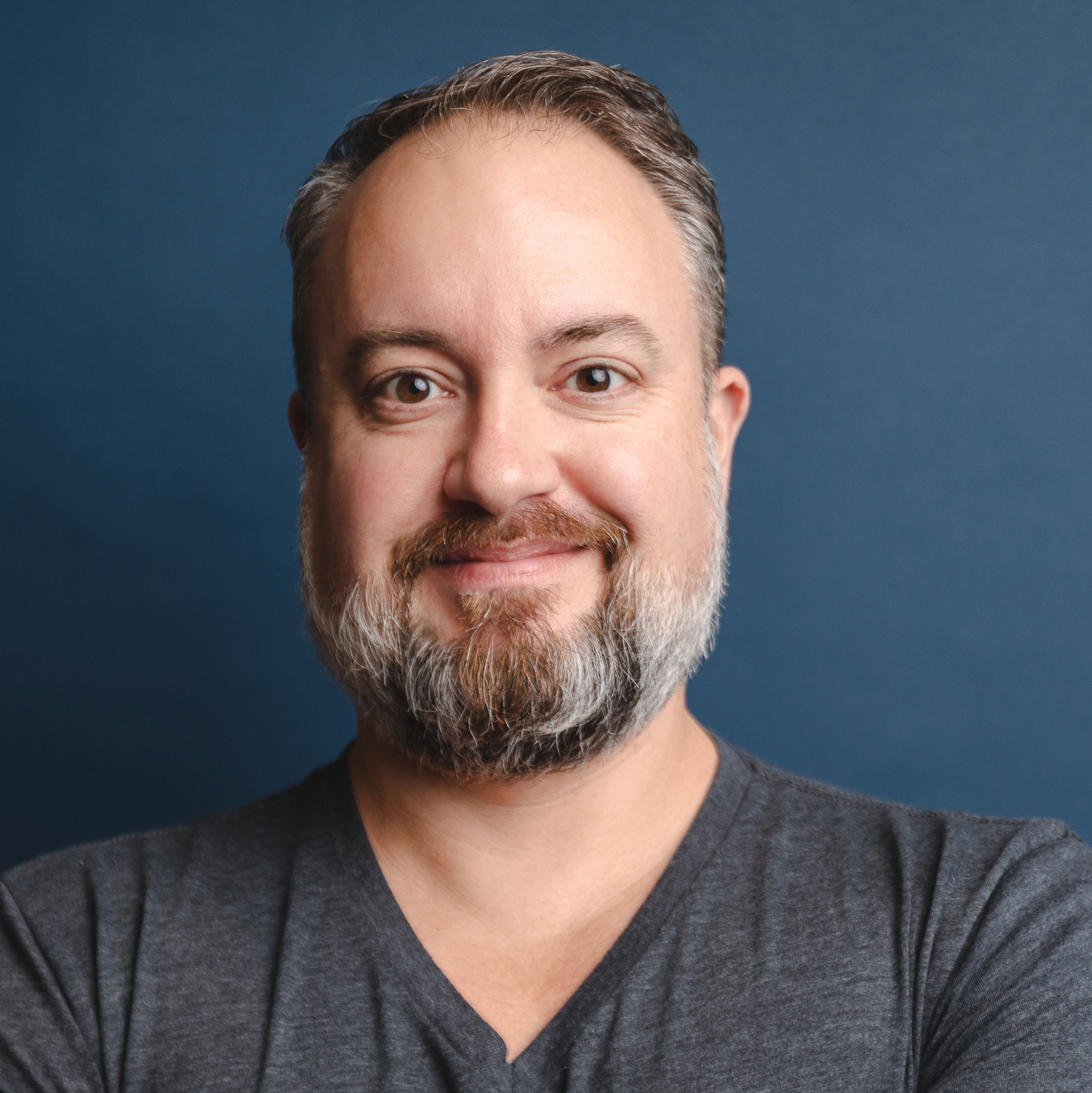The legacy of Chadwick Boseman will far outlast the mere year in which he died
The death of actor Chadwick Boseman will touch so many. But just like Black Panther and Wakanda, his legacy will be forever.

The latest updates, reviews and unmissable series to watch and more!
You are now subscribed
Your newsletter sign-up was successful
Want to add more newsletters?

ONCE A WEEK
What to Watch
Get all the latest TV news and movie reviews, streaming recommendations and exclusive interviews sent directly to your inbox each week in a newsletter put together by our experts just for you.

ONCE A WEEK
What to Watch Soapbox
Sign up to our new soap newsletter to get all the latest news, spoilers and gossip from the biggest US soaps sent straight to your inbox… so you never miss a moment of the drama!
The year 2020 did not kill Chadwick Boseman.
It did not kill John Lewis or C.T. Vivian.
It did not kill Kobe Bryant.
It did not kill Naya Rivera, or Regis Philbin, or Olivia de Havilland, or Grant Imahara, or Wilford Brimley, or Peter Green, or John Saxon, or Kelly Preston. It didn't kill Nick Cordero, or Earl Cameron, or Mary Pat Gleason, or Gregory Tyree Boyce, or Bollywood's Sushant Singh Rajput, or Jerry Stiller, or Little Richard, Ian Holm, or Max Von Sydow.
The year 2020 did not kill Caroline Flack, Nikita Pear Waligwa, James Lipton, Danny Tidwell, Fred Willard, Phyllis George, B Smith, Lynn Shelton, Elizabeth Wurtzel, Betty Wright, Lynn Cohen, Pop Smoke, Silvio Horta, Buck Henry, Harry Hains, Stan Kirsch, Kirk Douglas, Orson Bean, Kenny Rogers, Fred "Curly" Neal, Irrfan Khan or Roy Horn.

Phil Nickinson is editor of WhatToWatch.com. In a previous life he ran AndroidCentral.com, and in another life before that he was a newspaper editor.
Let us pay higher tribute to that brief list of "celebrities" — they were more than that in so many ways — and all the others in the worlds of entertainment sports and elsewhere not listed here by not subscribing their deaths simply to the fact that the calendar changed on Jan. 1. They were taken by illness. Or simply by time. Or by fate.
Many of those names will be lost to time. Others will remain at the forefront for much longer. Boseman will be one of them.
The latest updates, reviews and unmissable series to watch and more!
Boseman, whose death was reported on the evening of Aug. 28 after what can safely be described as a secret four-year fight with colon cancer, simply is the most recent, and perhaps the most shocking loss — certainly since the death of the NBA legend Bryant, his daughter and seven others on Jan. 26 in a helicopter crash in California.
But to blame the loss of an acting talent such as Boseman — his portrayal of R&B legend James Brown in Get On Up is haunting — on a mere year does a gross disservice to his legacy.
I'm not equipped to say what Boseman his role as King T'Challa and Black Panther as a whole meant to young Black Americans. And older ones, for that matter. I've never had to walk past movie posters and wonder why so few of them look like me. I've never had to wonder why there weren't more white superhero films. Or why the white guy was so often the bad guy.
But I do know I'll never forget the feeling of pride that I felt for the young boys and girls when we all walked out together after seeing Black Panther in 2018. The excitement for the characters — for T'Challa, Shuri and Nakia and Okoye, for M'Baku and N'Jobu and Zuri and Ramonda and W'kabi and, yes, even (and perhaps especially) for Erik Killmonger. The excitement for the actors — Boseman, of course, but also Letitia Wright, Lupita Nyong'o and Danai Gurira, for Winston Duke and Sterling K. Brown and Forest Whitaker and Angela Bassett and Daniel Kaluuya and Michael B. Jordan. The feeling was palpable, and incapable of being properly described by someone of my persuasion.
I hid tears on the way out of Black Panther because I knew there was something bigger at work. Bigger even than the superheroes being played on screen. Even bigger than Wakanda. I hid those tears because I hadn't earned them. I hadn't (and couldn't) earn the feeling that so many of the other patrons around me were experiencing. But that doesn't mean I couldn't let their pride wash over.
Black Panther was an example of film doing what film can do better than almost any other medium — bring all kinds of people from all kinds of backgrounds and experiences together for a couple hours to lose themselves and just enjoy a story. That's what movies are meant to do. That's what theaters were once for. (And they will be again, someday.) We were two years into a national struggle. And, it turns out, Boseman was two years into what would be his final struggle. That he worked throughout his cancer treatment — including the final two Avengers films and Spike Lee's Da 5 Bloods, while also doing all the promotion that goes along with being an A-list actor — will only strengthen Boseman's legend.
No one will be able to replace Boseman, who died at age 43, as Black Panther. But just as T'Challa followed in the footsteps of his father, King T'Chaka (John Kani), someday someone else will put on the necklace of Bashenga and be crowned King of Wakanda. They won't replace Boseman — they'll follow him. Their king.
Wakanda forever.
Phil spent his 20s in the newsroom of the Pensacola (Fla.) News Journal, his 30s on the road for AndroidCentral.com and Mobile Nations and is the Dad part of Modern Dad.


